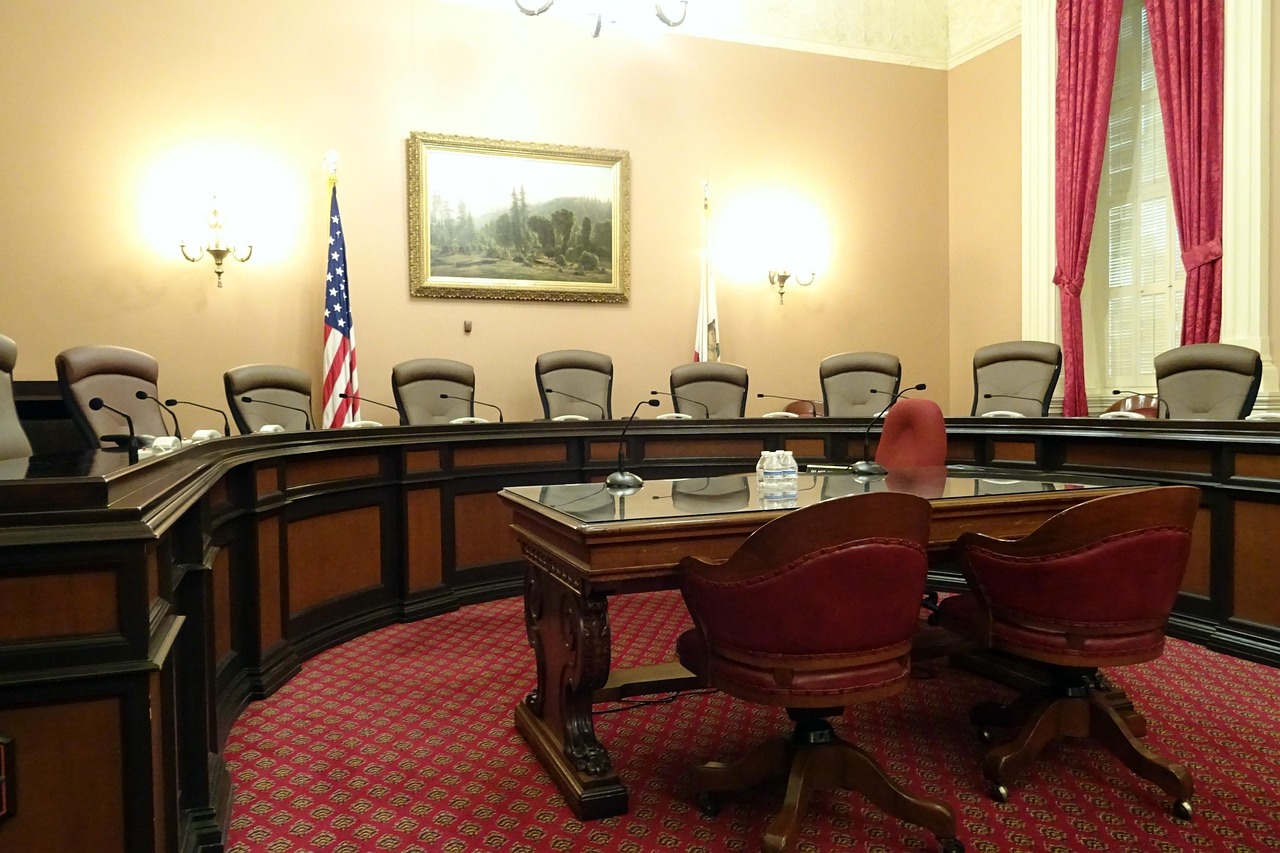In the complex and often opaque world of US politics, Alexandria Ocasio-Cortez, or AOC as she’s widely known, has carved out a space as a dynamic force and a symbol of what modern leadership can look like. Her unapologetic authenticity and ability to connect with people across socioeconomic lines have made her a relatable and transformative figure.
Born into a working-class family in the Bronx, AOC’s journey from bartender to Congresswoman is a testament to resilience, vision, and an unshakable commitment to equity and justice. Her story is not just one of personal triumph but also a reimagining of political engagement for a new generation of young women in the country.
From Humble Beginnings to the National Stage
Born on October 13, 1989, Alexandria Ocasio-Cortez grew up in a modest household that valued education and hard work. Her father was an architect, and her mother worked as a housekeeper and bus driver to support the family. After her father passed away during her college years, AOC took on multiple jobs to help her family make ends meet. This grounding in the everyday struggles of working people became a foundation for her political vision.
In 2018, Ocasio-Cortez gained national attention by defeating long-time incumbent Joe Crowley in the Democratic primary for New York’s 14th Congressional District. Her grassroots campaign, powered by small-dollar donations and door-to-door canvassing, resonated with voters disillusioned by traditional political machinery. At just 29, she became the youngest woman ever elected to Congress, catapulting her to the forefront of progressive politics.
Advocacy and Policies That Resonate
Since stepping into the halls of Congress, AOC has championed policies that challenge the status quo and advocate for systemic change. Her work focuses on addressing economic inequality, climate change, and social justice issues that resonate deeply with younger voters and marginalized communities.
- The Green New Deal – AOC is perhaps best known for her role in introducing the Green New Deal, a bold proposal that seeks to transition the US to a clean energy economy while addressing economic and racial inequities. Though ambitious and controversial, the plan has shifted the discourse around climate policy and underscored the need for urgent action.
- Economic Justice – From supporting a $15 minimum wage to advocating for stronger labor protections, AOC has positioned herself as a staunch ally of workers. Her policies aim to tackle wealth disparities and provide a safety net for the most vulnerable.
- Healthcare for All – As a vocal proponent of Medicare for All, AOC has underscored the importance of affordable healthcare, framing it as a fundamental human right.
- Immigration Reform – Drawing on her own family’s immigrant roots, AOC has pushed for humane immigration policies, including the protection of DACA recipients and the demilitarization of border enforcement.
Facing Criticism with Resolve
As one of the few young women in politics, Ocasio-Cortez’s rise has not been without challenges. Her unapologetic progressivism and willingness to confront powerful interests have made her a target for conservative critics and even some within her own party. From accusations of being too radical to personal attacks on her identity and background, AOC has faced a barrage of criticism.
Yet, she handles such scrutiny with remarkable poise and clarity. AOC uses her substantial social media following—over 13 million followers on X alone—to communicate directly with constituents, debunk misinformation, and humanize the political process. Her sharp, often humorous rebuttals and transparency in sharing her experiences resonate with younger audiences and establish her as a relatable figure.
Shaping the Future of Politics
What makes Alexandria Ocasio-Cortez stand out is not just her policies but her approach to leadership. She embodies a style of governance that prioritizes accessibility, empathy, and authenticity. AOC represents a shift away from politics as usual, demonstrating that leaders can be unapologetically progressive while remaining deeply connected to their constituents.
Her rise has inspired a wave of young, diverse candidates to run for office, proving that political power is not confined to the elite. She has also reframed what it means to be a politician in the digital age, leveraging social media to engage directly with voters and promote transparency.
Conclusion
Alexandria Ocasio-Cortez is more than a politician – she is a movement. Her journey to Capitol Hill has redefined what leadership looks like in modern America. By amplifying voices often silenced and tackling issues ignored by traditional power structures, AOC has shown that politics can be a tool for meaningful change. As she continues to challenge norms and inspire future generations, her story reminds us all that leadership isn’t about fitting into the mold—it’s about breaking it.





